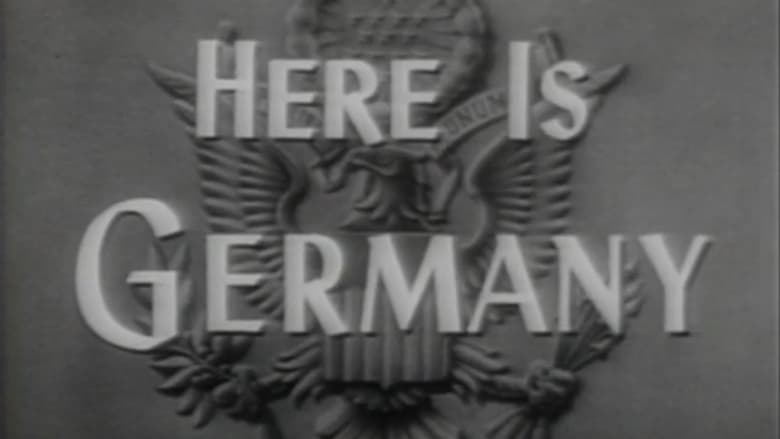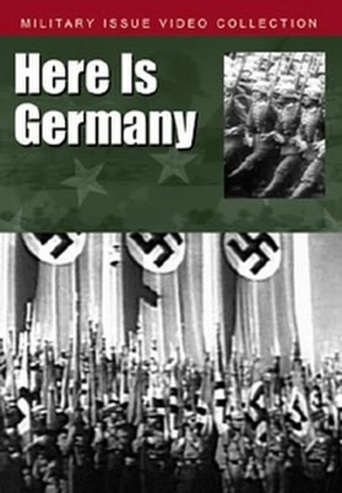
Here Is Germany
December. 31,1945A "know-your-enemy" propaganda film similar to "Know Your Enemy: Japan" and "My Japan", films about Japan with the same objective. It contains a history of the prelude to WW II, the death camps and other Nazi war crimes, and commentary on the character of the German people. Directed by Frank Capra, this film is in essentially the same format as his "Why We Fight" series. It was intended to be shown to American troops participating in the invasion and occupation of Germany. But by the time it was ready, events had overtaken it -- Germany was already well on its way to falling -- so the film was shelved. Although it is readily available for public-domain viewing on the Internet, it has never been widely distributed or shown.
Similar titles
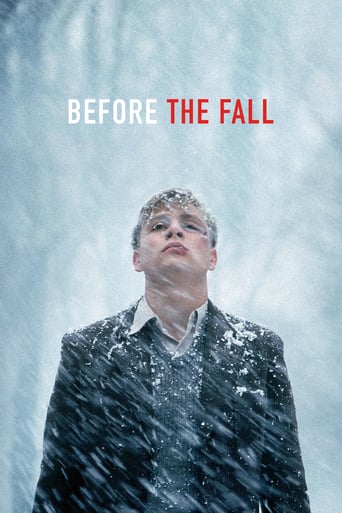
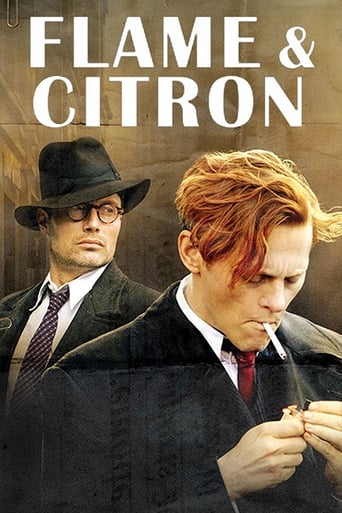
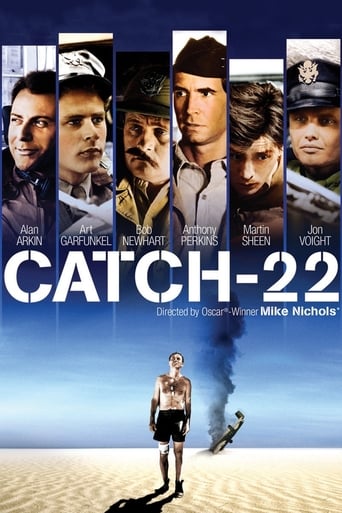
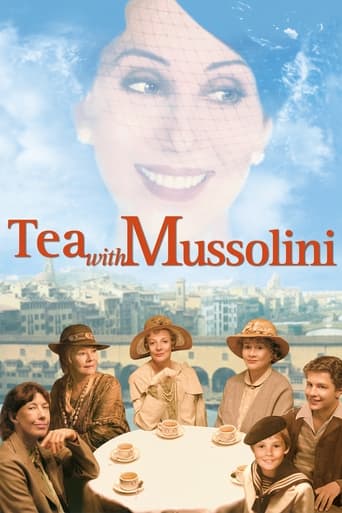
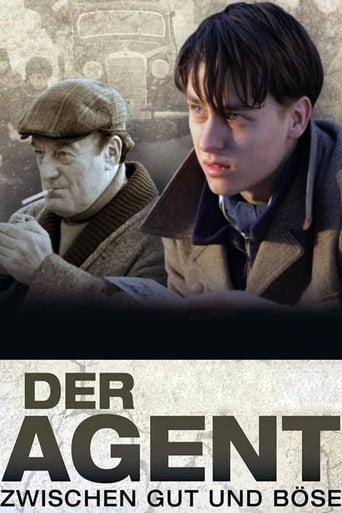
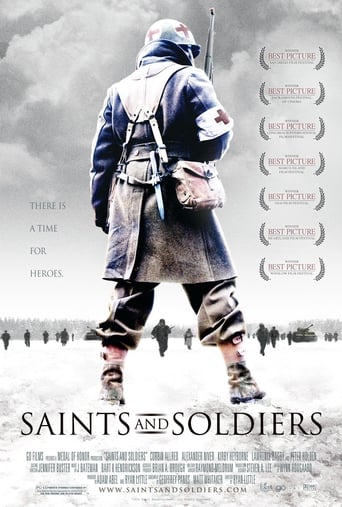
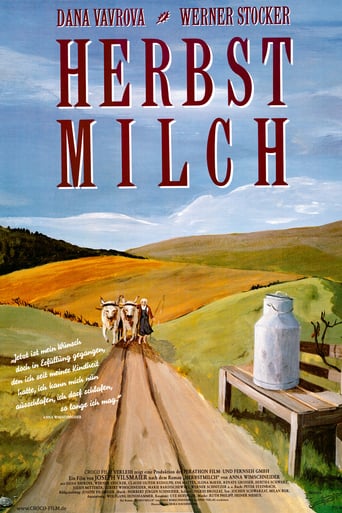
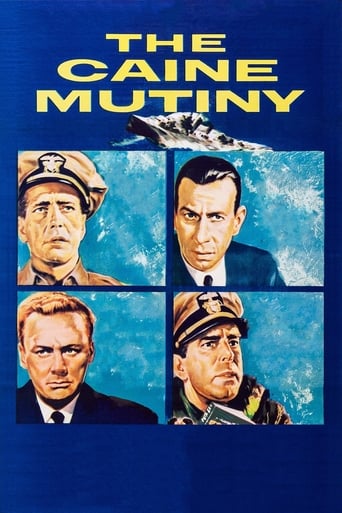
Reviews
Tells a fascinating and unsettling true story, and does so well, without pretending to have all the answers.
This is one of the few movies I've ever seen where the whole audience broke into spontaneous, loud applause a third of the way in.
Blistering performances.
The movie's neither hopeful in contrived ways, nor hopeless in different contrived ways. Somehow it manages to be wonderful
Here Is Germany (1945) *** (out of 4)Anthony Veiller narrates this entry into Frank Capra's "Why We Fight" series. This film takes a look at Germany and tries to explain how they became what they did. We start off with a "cute" scene of the narrator explaining the great things about Germany but the tone quickly changes when we see the horrors from WWII including hundreds of dead bodies as well as the furnaces where so many were killed.HERE IS GERMANY is one of the better films in the series as there's actually very little propaganda and instead it shows the horrors of the war. This series was good for the most part but there's no question that some of the comments were meant to produce anger or fear. There's nothing here that goes for fear but instead it shows what horrors Germany was actually committing in case there was someone watching who might not have realized why America was at war.There's some great discussions about WWI as well as the then current situation and how going into the future America was going to be in charge of Germany, their school books and making sure that the events that happened would never happen again.
The Germans are an industrious, musical, law-abiding, tidy people -- says the narrator in this 1945 documentary by Frank Capra -- so how could they have turned into such monsters? Hitler would have said the Nazi adventures of World War II were an expression of German blood, but the writer tells us the ultimate cause was "tradition" or, as anthropologists would say, culture, not nature. Mention is made of famous German-Americans who escaped the trap of German culture: Admiral Nimitz, Wendell Wilkie, Henry J. Kaiser, and others.Then we get an oversimple but still illuminating history of German militarism over the course of a hundred years or so. Americans don't really know much about international history, not even our politicians. We see footage of actors in costume during the period of Frederick the Great and Bismark, and documentary footage of Kaiser Wilhelm, and Hitler. We hear quotes taken from the writing and speeches of various German leaders, including all the above and von Clausewitz. It's kind of amusing. The quotes themselves are so barbaric that they must have been selected for their outrageousness and were surely taken out of context. Give me a Bible or a copy of Deepak Chopra and I'll select quotes that make each of them seem like tracts promoting Social Darwinism.That initial presentation of the Germans as industrious, tidy, and so forth, establishes an eerie echo of Stephen Ambrose's description of a typical American GI's conception of the foreigners he fought with or through. The Arabs were filthy and disgusting liars. The Italians were phony and pushy. The French were dirty and couldn't be trusted. The British were stolid with no sense of humor. But the Germans were great! They knew how to take orders, they worked hard, they didn't cheat you, and they used toilet paper.There is some particularly brutal footage of the victims of Nazi genocides and executions. Not just the pile of mannequin-like naked bodies we've become used to, but close ups of rotting corpses in Belgium, Italy, and Malmedy. There are a couple of live executions too. I'm not sure everyone would want to watch them.So how does the film identify the heavies in the story? Well, Hitler and his goons, obviously. But the narrator comes very close to describing a military/industrial complex as well. This was about fifteen years before a retiring President Eisenhower warned us of the same tendency in the United States. And it gets positively spooky when the narrator describes the steps Hitler took in gaining absolute power -- destruction of unions, intolerance of dissent, a monopoly of the media, the silencing of scientists unless they agreed with the prevailing ideology, the paranoid notion that Germany was surrounded by hateful enemies, the persecution of communists and minorities. At times it sound positively frightening.But it turns comic when the future of Germany is outlined. No more self rule until they learn their democratic lesson. This time there was no "truce," just "unconditional surrender." Their industry is destroyed. They are a beaten people and must admit it. (Nothing about turning the country into a traditional agrarian state, but almost.) The leaders are now the Allied military. We'll show them. And we DID. I think it was called the Wirtschaftswunder. In fifteen years everyone was driving Volkswagens with Blaupunkt radios.Today, of course, they're the strongest economy in Europe, which isn't saying much, given the state of the global economy in general.
Apparently intended as an instructional film for American forces of occupation, this film was never in fact used as such. It starts with a view of a peaceful, cultured, civilised and industrious society, but then rapidly switches to the atrocities committed by Germany during the Nazi period, using some of the most graphic images I've seen. In particular, several atrocities committed in Italy, France and Belgium are identified, and there is footage from the concentration camps which are mentioned but not dwelt upon: given the footage shown, there was no need for the commentary to say more. As an explanation of how Germany came to this, the film looks back over several hundred years of German history, accentuating its expansionist and aggressive tendencies. There is also comparison with the democracies of America, Britain and France to show how great powers could be civilised. To illustrate its thesis, it uses footage from films about Frederick the Great, Bismarck, the Kaiser and others: much of this was of a high quality, though sadly none of it is identified. Having set its stall, so to speak, the film analyses the period from the end of the Great War to the Rise of Nazi-ism. It points out the canard that Germans felt their army was not beaten in 1918, but stabbed in the back by democrats who then signed the oppressive Treaty of Versailles. The reaction to the Treaty then allowed the industrialists, militarists, landowners and bureaucrats to return to power, using the demagogic power of the uneducated Hitler. At this point the logic wavers somewhat, since Hitler had had a plan of his own since the early twenties. Having shown how Hitler wielded power (in the suppression of democratic institutions - and with a gruesome clip of a fallbein), re-armed and then lost the war, the film end with a peroration about not letting this happen again, and how Germans must be reformed before being let back into the comity of nations. Being 1945 when we were still just about friends with the Soviet Union, there is little mention of the known atrocities being committed by Stalin, or his equally repugnant and repressive techniques against any opposition or call for democracy. The film's analysis is open to criticism, but its general tone matches that of A J P Taylor in his Course of German History written in 1944: ie modern Germany was the result of 1,000 years of barbarism. Interestingly, much of the music played is by Mendelssohn, who being Jewish, was not actually played in Nazi Germany.
Frank Capra put together this compelling documentary about Germany as a country from it's history, culture, and ethnicity. According to the film, Germany is a country of hard-working and prosperous people who love their country, their leader, and the world. But we know better now after 66 years, Germany's leaders in the Third Reich had a diabolical plan to exterminate millions of people and propagandize the notion of superior race. You have to take the documentary's time period. 1945 was the end of World War II. The concentration camps were omitted probably only because the world had already so much to understand about this country called Germany under Hitler's reign. I can only believe that Capra would have included the concentration camps if possible. By 1945, the world was recovering and the news of the holocaust would surely shock the world again if they hadn't known the details of monstrosity and inhumanity at the hands of the German Nazis themselves. It's still worth watching to see how a country of millions can be fooled by a madman and his minions.
Top Streaming Movies











